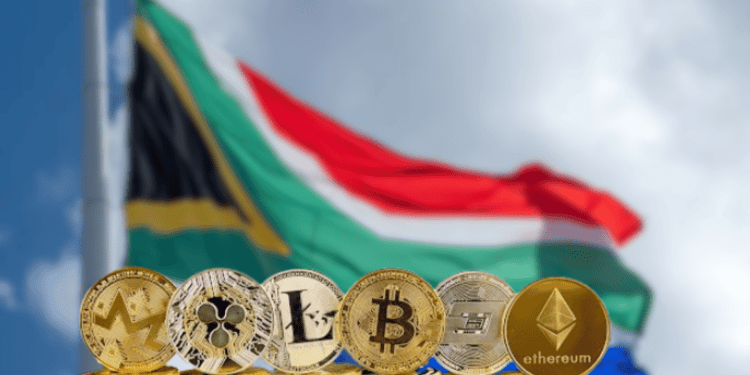- South Africa’s Financial Sector Conduct Authority has received about 70 crypto license applications and expects to approve around 60 by the end of March.
- The regulator aims to balance innovation and consumer protection as crypto adoption grows in South Africa.
- South Africa’s regulatory framework could become a model for other African countries grappling with the fast-growing crypto sector.
The Financial Sector Conduct Authority in South Africa is expected to license around 60 crypto companies by the end of March, according to a report by Bloomberg on Tuesday.
Crypto companies that wanted to continue operating in the country had to apply for a license with the authority from June 1. The deadline for applications was January 31.
Regulatory Clarity
The FSCA has received around 70 applications so far. It expects to approve licenses for around 60 firms by the end of this month.
The regulator sees crypto assets as a “technological innovation that could revolutionize the financial sector.” It aims to strike a balance between responsible innovation and protecting customers.
Regulatory clarity in South Africa will likely attract more crypto companies and boost adoption. It could also result in better consumer protection in a largely unregulated sector.
Growing Crypto Adoption
Crypto adoption is growing steadily in South Africa. According to Chainalysis, South Africa ranks number 18 out of 154 countries in its 2022 Global Crypto Adoption Index.
Large crypto exchanges like Binance have been increasing their presence in the country. Binance launched a crypto education tour in South Africa in February.
Regulation will likely accelerate adoption by providing legitimacy and building trust. The approval of licenses will be an important milestone for the crypto industry in South Africa.
Conclusion
The FSCA’s licensing regime reflects growing regulatory acceptance of crypto globally. It follows similar moves in other countries like Singapore, Malaysia and Hong Kong.
If successful, the South African framework could become a model for regulators in other African countries who are grappling with the fast-growing crypto sector.














